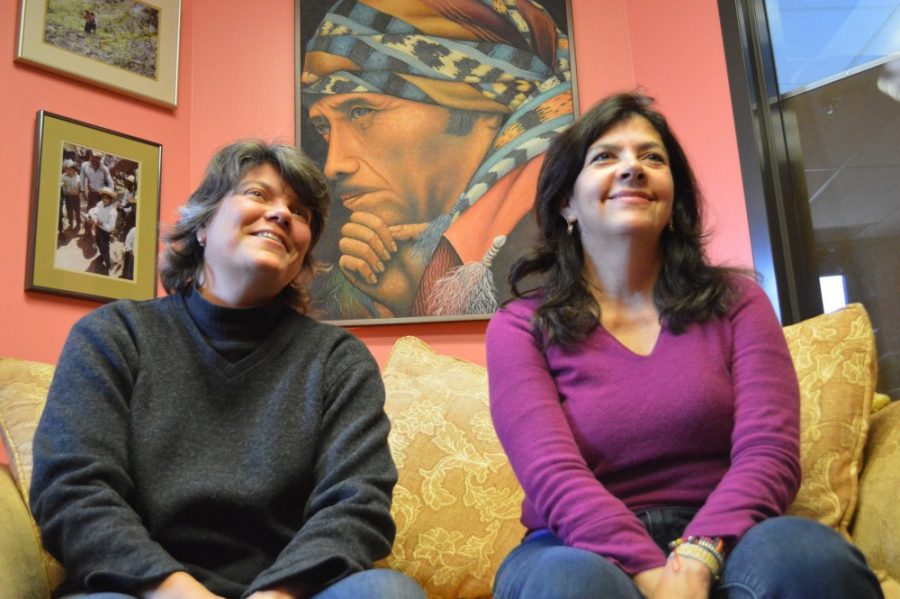This summer, UA students will have the opportunity to study abroad in Cuba for five weeks.
UA students can now apply to be one of 15 to 20 students who will travel to Cuba for five weeks. The nine to 12 credit program is based in Havana where students will be welcomed into the homes of Cuban families. The trip also features an eight day expedition to central Cuba to see organic farms, fishing cooperatives, tourism development sites and more.
The UA stopped offering the study abroad program in Cuba after the U.S. government tightened restrictions on travel to Cuba in 2004. These restrictions “dramatically decreased the number of U.S. students studying there,” according to an article by the National Association of Foreign Student Advisers.
However, in January 2011, President Barack Obama passed a new law that allowed degree-seeking students to regain access to study abroad programs in Cuba. The UA saw this as an opportunity to form a new summer curriculum.
“Cuba is an absolutely amazing place and it’s different from anywhere else. It really makes you question some of your fundamental assumptions and the way you think about the world,” said Dereka Rushbrook, director of undergraduate studies in the School of Geography and Development and one of the main
coordinators for the study abroad program in Cuba. “It is a crazy mix of isolation and cosmopolitanism, of consumerism but no ability to consume, and awareness of sustainability and the environment. Social relations are different. The ways in which people care for each other and make everyday life possible is pretty amazing.”
Zach Driscoll, a geography sophomore, first heard about the Cuba study abroad program in his modern Latin America class last semester and said he knew he wanted to be part of the “tradition in the making.”
“I think that it is really important to open up the communication between the United States and Cuba,” Driscoll said. “In the coming years, [Cuba] is going to change a lot more, so to be involved that early in the process, I think, is really important to seeing how Cuba has been to see where it could go.”
The group will be working with the Martin Luther King Jr. Memorial Center stationed in Havana throughout the trip. This organization has brought other student groups and programs to Cuba in the past.
“I have been to Colombia, Brazil, Mexico, Paraguay, Chile and more, but none of the countries that I’ve been in are like Cuba for many different reasons: its political history, the very conflicting relations with the U.S., the fact that there [are] no advertisements or billboards. There are also a lot of alternative environmental developments and a big emphasis on environmental sustainability,” said Marcela Vásquez-León, the associate professor in the School of Anthropology and Latin American studies and a coordinator of the program. “I want to see how they deal with the issues that a lot of countries are going to be facing.”
Both Rushbook and Vásquez-León said they recognize that, although they had positive experiences in Cuba, many people still have misconceptions about Cuban people and potential tension with the U.S.
“I think people often think that there is less freedom than there is, but people there are very outspoken. There’s not the level of repression that people expect,” Rushbrook said, “Despite the blockade and despite the history of tension, Cubans are amazingly warm and welcoming people and are happy to talk to the people from the US. Many of them even have family living in the U.S.”









